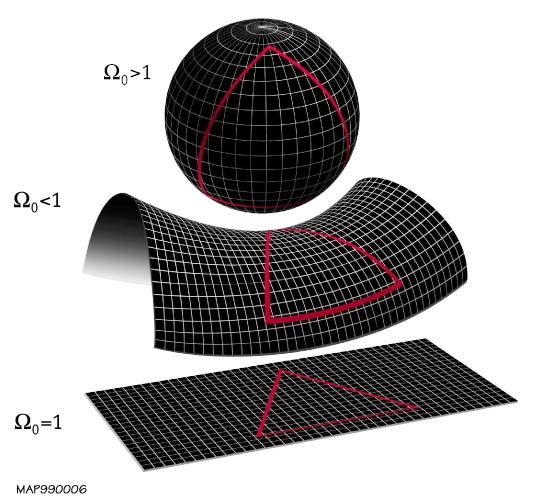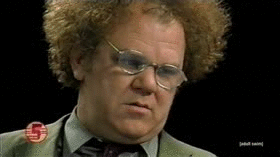I think the current most popular theory is that the universe is infinite and flat (a triangle drawn on it would add up to 180 degrees).

it won't end up in a Big Crunch or the big rip, it will continue to expand faster and faster until galaxies are so far away that light from them cannot reach to each other (as the space between them is so vast and expanding that the speed of light cannot compete). The universe will end in a 'heat death' as the energy is dispersed in entropic decay over an incredibly long time scale.
I think you can imagine the universe as if you are sitting on the surface of a balloon that's being inflated. You are on one dot drawn in the balloon, and other galaxies are other dots. As the balloon inflates, the other dots move further apart from each other. Except this balloon isn't 3 dimensional. Maybe the balloon is a 4 dimensional hyper torus or something.
I'm probably completely wrong and confused but that's my layman's understanding

it won't end up in a Big Crunch or the big rip, it will continue to expand faster and faster until galaxies are so far away that light from them cannot reach to each other (as the space between them is so vast and expanding that the speed of light cannot compete). The universe will end in a 'heat death' as the energy is dispersed in entropic decay over an incredibly long time scale.
I think you can imagine the universe as if you are sitting on the surface of a balloon that's being inflated. You are on one dot drawn in the balloon, and other galaxies are other dots. As the balloon inflates, the other dots move further apart from each other. Except this balloon isn't 3 dimensional. Maybe the balloon is a 4 dimensional hyper torus or something.
I'm probably completely wrong and confused but that's my layman's understanding





